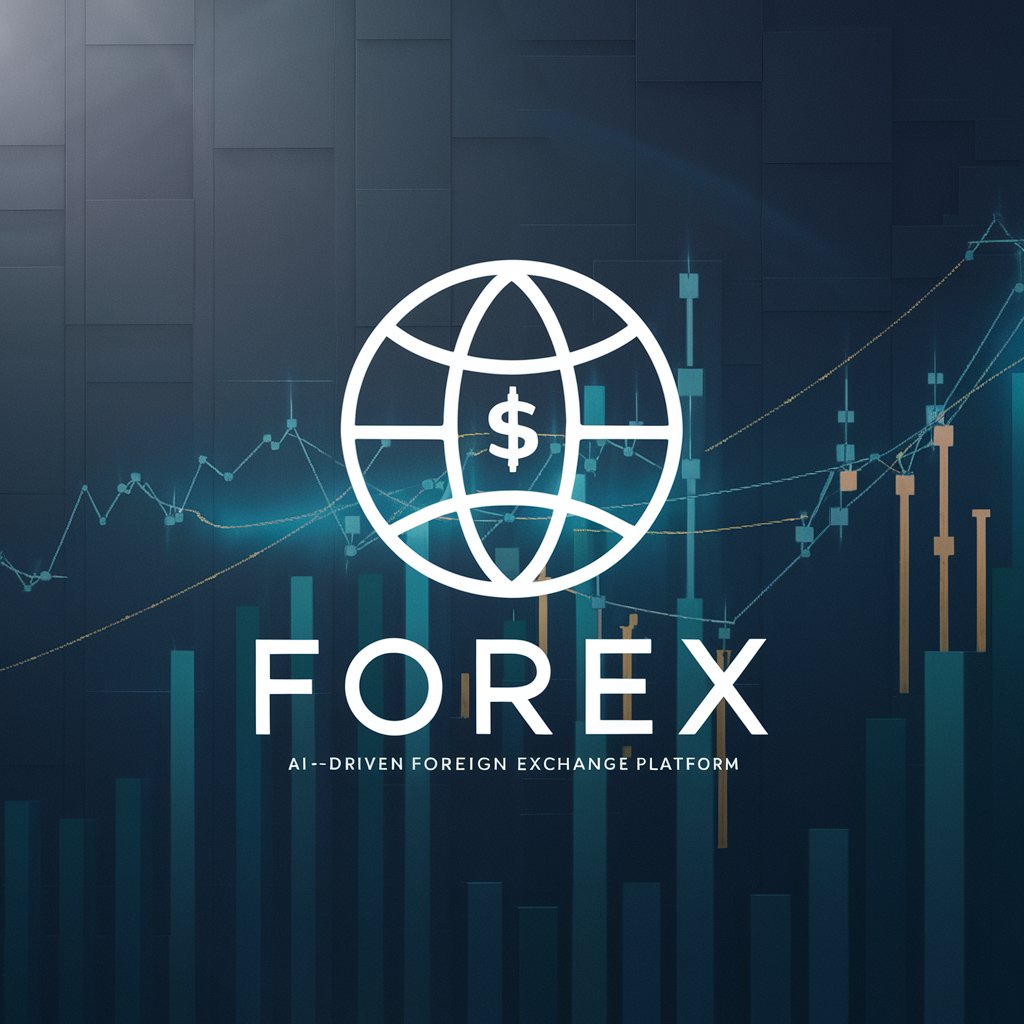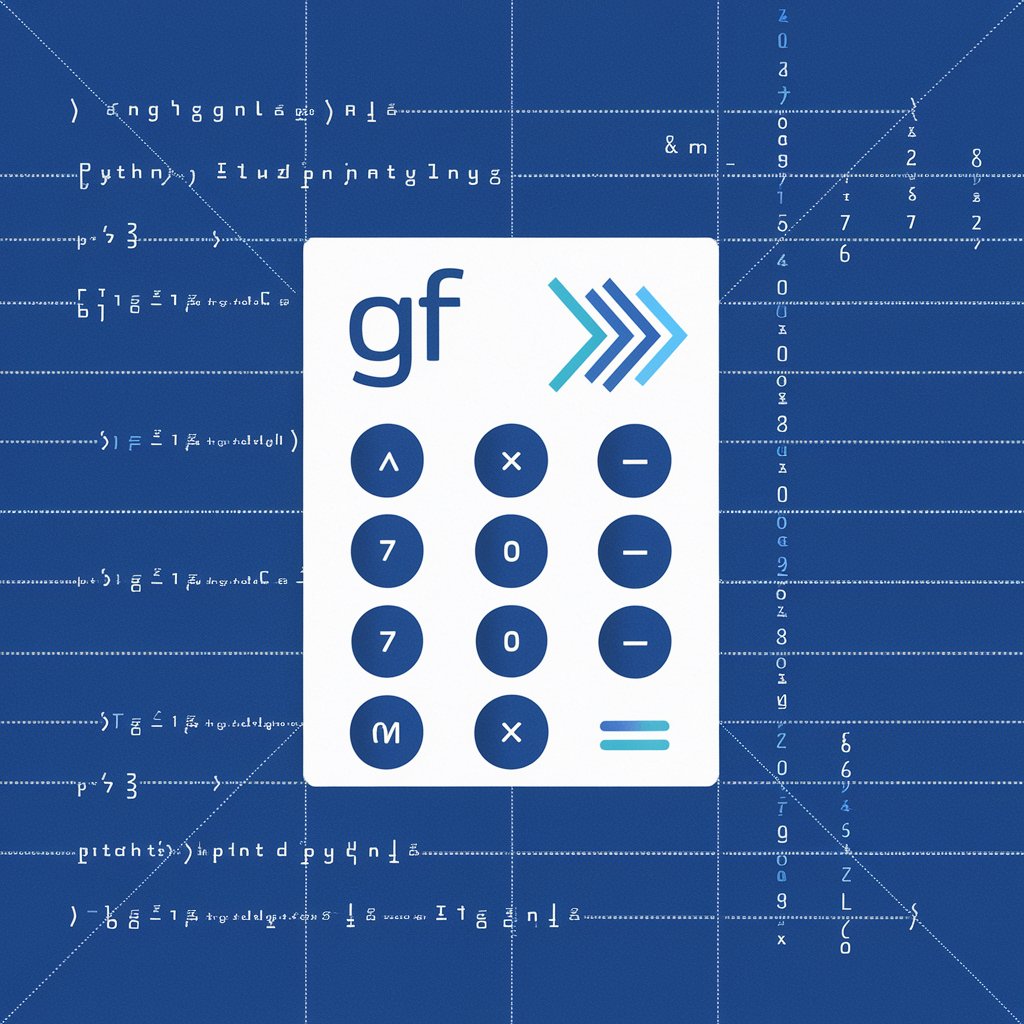Forex - Forex Insights and Tools

Welcome to Forex GPT, your guide to mastering the forex markets!
Empower Your Trading with AI-Driven Forex Insights
Explain the impact of interest rate changes on currency pairs...
How do geopolitical events influence forex markets?
What are the key economic indicators to watch in forex trading?
Describe different strategies used in currency trading...
Get Embed Code
Introduction to Forex
The Foreign Exchange Market, commonly known as Forex, is a global decentralized or over-the-counter market for trading currencies. This market determines the foreign exchange rates for every currency. It includes all aspects of buying, selling, and exchanging currencies at current or determined prices. Forex is the largest financial market in the world, with a daily trading volume exceeding $6 trillion as of 2019. The primary purpose of Forex is to facilitate international trade and investment by allowing businesses to convert one currency to another. For example, an American company importing goods from Europe will need to exchange US dollars (USD) for Euros (EUR) to pay their European suppliers. Forex provides a platform for this currency exchange to take place efficiently. Additionally, Forex serves as a critical mechanism for central banks, financial institutions, corporations, and individual traders to hedge against foreign currency risk and to speculate on currency movements. Powered by ChatGPT-4o。

Main Functions of Forex
Currency Exchange
Example
A multinational corporation needing to pay for an acquisition in a foreign country.
Scenario
For instance, if a US-based company acquires a firm in Japan, it will need to convert a significant amount of USD into Japanese yen (JPY). Through Forex, the company can exchange currencies at a competitive exchange rate, minimizing the cost of acquisition.
Speculation and Trading
Example
Traders speculating on currency value changes to make profits.
Scenario
A Forex trader believes the EUR will strengthen against the USD. They buy EUR/USD at a low rate with the expectation to sell it at a higher rate. This speculative activity drives a significant portion of Forex market volume, enabling traders to profit from currency price fluctuations.
Risk Management (Hedging)
Example
Businesses hedging against potential adverse currency movements.
Scenario
A European exporter selling goods to the US might be worried about the EUR appreciating against the USD, which would lower their revenue in EUR terms. To mitigate this risk, they could enter into a forward contract in the Forex market, locking in the current exchange rate for future transactions.
Ideal Users of Forex Services
Multinational Corporations
These entities frequently deal with cross-border transactions that require currency exchanges. Forex services enable them to manage exchange rate risk, making international operations more predictable and financially stable.
Retail Forex Traders
Individuals interested in financial markets and speculation can benefit from the Forex market's high liquidity and the potential for profit from currency value changes. Forex platforms offer various tools and resources to support informed trading decisions.
Financial Institutions and Banks
These are primary players in the Forex market, providing a wide range of currency exchange services to their clients, including spot and forward contracts, options, and swaps. They also engage in trading for profit and as part of their risk management strategies.
Governments and Central Banks
Engaged in managing their country's currency value, reserves, and monetary policy, these entities participate in Forex to influence exchange rates, stabilize markets, and meet international financial obligations.

Getting Started with Forex
Begin with a Free Trial
Initiate your Forex journey by visiting yeschat.ai for a hassle-free trial that requires no login or subscription to ChatGPT Plus.
Educate Yourself
Understand basic Forex concepts, currency pairs, and market dynamics through resources available on financial education websites and Forex trading platforms.
Choose a Forex Broker
Select a reputable Forex broker that fits your trading style and goals. Consider factors like regulatory compliance, trading platforms, customer support, and trading conditions.
Practice with a Demo Account
Utilize a demo trading account to practice trading strategies without financial risk. This helps in gaining practical experience and understanding market behavior.
Start Trading
Begin live trading with a clear strategy and risk management measures in place. Start small, monitor your trades, and adjust strategies based on market analysis and performance.
Try other advanced and practical GPTs
Spock
Instant accuracy at your fingertips.

IQ Test Master
Sharpen your mind, challenge your IQ.

Sophisticated Wise Coach
Empowering Excellence with AI Insight

OptiSmile Dental Notes
Streamlining Dental Documentation with AI

gf
Tailored math solutions, powered by AI

SEO Meta Master
AI-powered SEO content enhancement

Author Page Builder
Crafting Personalized Author Narratives with AI

Data Scrubber
AI-powered precision in data cleaning.

Crafts
Empowering Creativity with AI

Langso
Empowering language learning with AI.

Schema Markup Master
Empower SEO with AI-driven schema

Redless
Personalized Rosacea care at your fingertips.

Forex Q&A
What is Forex and how does it work?
Forex, or foreign exchange, is the market where currencies are traded. It works through the buying, selling, and exchanging of currencies at current or determined prices. It's the largest financial market globally, offering high liquidity and 24-hour trading.
How do I choose a currency pair to trade?
Selecting a currency pair involves analyzing market conditions, economic indicators, and geopolitical events. Beginners often start with major pairs like EUR/USD due to their liquidity and lower spreads. It's crucial to research and understand the factors that influence the chosen pair's value.
What are the risks of Forex trading?
Forex trading involves significant risk, including market risk, leverage risk, and interest rate risk. It's essential to have a solid risk management strategy, including setting stop-loss orders and only investing money you can afford to lose.
Can Forex trading be a full-time career?
Yes, Forex trading can be a full-time career for individuals who are committed to learning the market, developing effective trading strategies, and maintaining discipline. Success requires continuous education, risk management, and emotional control.
How important is technical analysis in Forex trading?
Technical analysis is crucial in Forex trading as it helps traders identify trends, patterns, and potential market directions. It involves analyzing historical price charts and indicators to make informed predictions and decisions.
